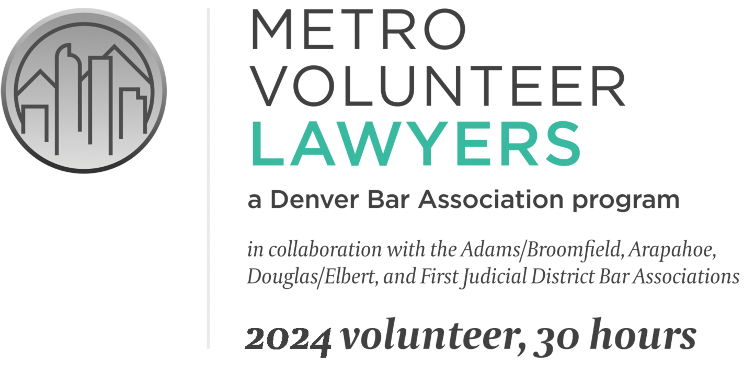Divorce
In Colorado, you can get divorced if you are in a heterosexual, same-sex, or common-law marriage. In a divorce proceeding, the court addresses all the issues arising from a parties’ marriage, including division of property and debts, custody and parenting time of the children and spousal maintenance.
If there are children, the court will also enter an order for child support. The parties to a divorce can agree on some or all of these issues, or the court can make the decisions for them after hearing testimony, evidence, and argument in a trial.
Colorado is a no-fault state. This means that under Colorado law, the only legal reason for dissolving a marriage is that the marriage is “irretrievably broken.” Either spouse can make this claim. Spouses do not have to agree the marriage is irretrievably broken for a divorce to be granted.
Who Can Get a Divorce in Colorado?
A Colorado court can dissolve a marriage so long as one of the spouses was a resident of Colorado for at least 91 days prior to filing the Petition, and 91 days have passed since the summons was served on the other spouse. However, for a Colorado court to divide marital assets and debts, enter parenting orders, or order the respondent spouse to pay child support or alimony:
- Colorado must have personal jurisdiction over the respondent spouse; and
- If there are children, Colorado was their home state for at least 181 days.
Jurisdiction can be a confusing and complex matter in a divorce. It is important to note that if one of the spouses is in the military, there may be special rules. Therefore, it may be best to consult a Colorado divorce attorney with any questions regarding jurisdiction.
What if There are Minor Children
Divorcing parents can agree on custody arrangements and make a “parenting plan” or schedule time for visitation with both parents. If this is not possible, the court might send the parents to a mediator, to help decide these arrangements for the parents. If mediation fails, there will be a permanent orders hearing, and the court will decide all issues for the parties.
The court looks to the child’s “best interests” when considering custody matters. Any custody and parenting time arrangement must be created with an eye toward the physical and emotional well-being of the children.
When it comes to child support, specific mathematical guidelines are used to calculate basic child support. The guideline calculation is based on the parents’ gross monthly income(s), insurance premiums, childcare costs, and the number of overnights spent with the children.
Contact Experienced Denver, Colorado, Divorce Attorneys
Divorce is a very complex financial and emotional issue. It is not a process that most people can do on their own. You need someone advocating for your financial interests and the interests of your children. That is why it is imperative to have an experienced divorce attorney by your side to guide you through the process. Call Cindy Perusse at Perusse Family Law today and schedule a low-cost consultation to discuss your case.






